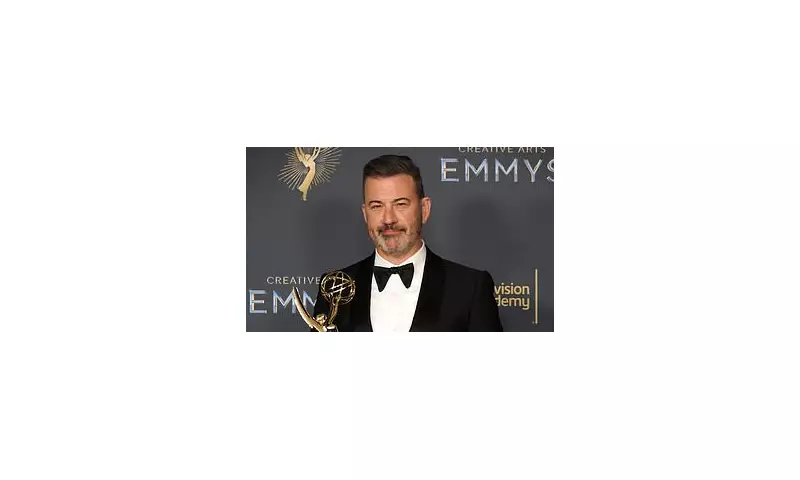
ABC television network has plunged into a major internal crisis after placing its flagship late-night programme, Jimmy Kimmel Live!, on an unexpected hiatus. The decision comes in the wake of a deeply contentious episode featuring a heated exchange with Turning Point USA founder, Charlie Kirk.
The suspension has ignited a fierce debate across media and political circles, pitting accusations of hate speech against claims of censorship and biased editorial control.
The On-Air Confrontation That Sparked a Firestorm
The incident unfolded during a pre-recorded segment on the show. The discussion quickly escalated beyond typical political sparring into what sources describe as a deeply personal and volatile argument. Kirk's comments, in particular, are said to have crossed a line, prompting immediate concern from producers and network executives.
While the exact wording of the remarks remains under review by ABC's standards and practices department, insiders suggest the exchange touched on highly sensitive cultural and political issues, leading to the allegations of hate speech.
Network Scrambles in Aftermath
In a highly unusual move, ABC announced an abrupt suspension of the show, citing the need for a thorough internal investigation. The network is now faced with a public relations nightmare, navigating complaints from viewers and pressure from advocacy groups.
The hiatus signals the seriousness with which ABC is treating the matter. The review will likely determine not only the future of that specific segment but also could lead to a reevaluation of the show's editorial guidelines and booking policies for political guests.
Free Speech vs. Editorial Responsibility
The controversy has rapidly expanded beyond the confines of a television studio, becoming a flashpoint in the ongoing national debate about free speech and the responsibilities of broadcasters. Kirk's supporters have condemned the suspension as an act of censorship and ideological bias against conservative voices.
Conversely, those applauding ABC's decision argue that networks have a duty to prevent their platforms from being used to propagate harmful rhetoric, emphasising the distinction between free speech and hate speech.
As the internal investigation continues, the entertainment industry is watching closely. The outcome could set a significant precedent for how major networks handle inflammatory content and manage the delicate balance between provocative entertainment and responsible broadcasting.





